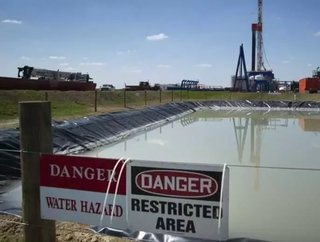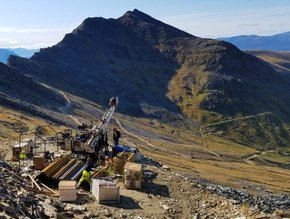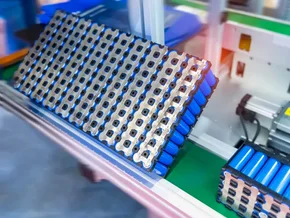Researchers Develop New Mining Technology to Slow Water Evaporation, Generate Energy


Mining companies looking for solutions to water evaporation look no further. The University of Arizona has developed new technology to manage the evaporation of water from mining tailings ponds and reservoirs, while simultaneously generating energy reserves through solar panels.
The breakthrough technology, which is being called Hexocover, consists of floating hexagonal plastic panels that are arranged to fit individual water surface dimensions, forming a cover over the water to slow the evaporation process. In addition, it can also be fitted with solar cells to generate electricity in the process.
“Mining activity typically requires a lot of energy,” said Ardeth Barnhart, University of Arizona Renewable Energy Network Director. “This technology is a great example of how original ideas that develop the use of solar energy to transform industrial processes can have immediate and transformative effects on water and energy use, create positive environmental impact, and provide direct benefits to our economy.”
• Chile Develops New Plant-Based Technology for Mining Waste
• Dundee Sustainable Technologies: A New approach to processing
• How-To: Implement Efficient Tailing Management in Operations
The panels are fitted with a propulsion system and GPS to allow remote configuration as well as accessibility for the cover to move when water reserves are re-filled.
The unique technology has been invented by Moe Momayez in the Department of Mining and Geological Engineering at the University of Arizona and Nathan Barba, managing partner at RePower Design.
"We needed a way to prevent the evaporation of (tailing pond) water, but we needed a system that could move out of the way when the tailings are being released into the ponds," Barba said. "If we can cover them, we can help with the devastating water shortage problem here in the southwestern U.S. and around the world."
The company also worked with Tech Launch Arizona, the unit of the UA that commercializes inventions from the University research to execute an exclusive license to bring the invention to the market.
"Water conservation is a societal imperative, not just in the Southwest, but around the globe," says Doug Hockstad, director of technology transfer at Tech Launch Arizona. "Technologies like this will help save water, especially in arid environments. Since the University of Arizona has such a strong research history in this area, it's exciting to see that research having a social and economic impact."
The new technology will offer a combination of positive environmental impact by minimizing water evaporation, which is costly for mining companies to replace, as well as generating electricity.
"I’m most excited about the possibilities of fixing a big problem," Barba says. "It’s been interesting to have this original challenge, and then see it develop and get refined and perfected, and now to see it working."


- Knight Piésold to start Parys Mountain tailings designsSupply Chain & Operations
- Caterpillar launches Cat MineStar Reporting platformTechnology
- Mining tailing standards 'failing to protect communities'Supply Chain & Operations
- Top 10 guidelines for safe mining tailings managementSustainability






